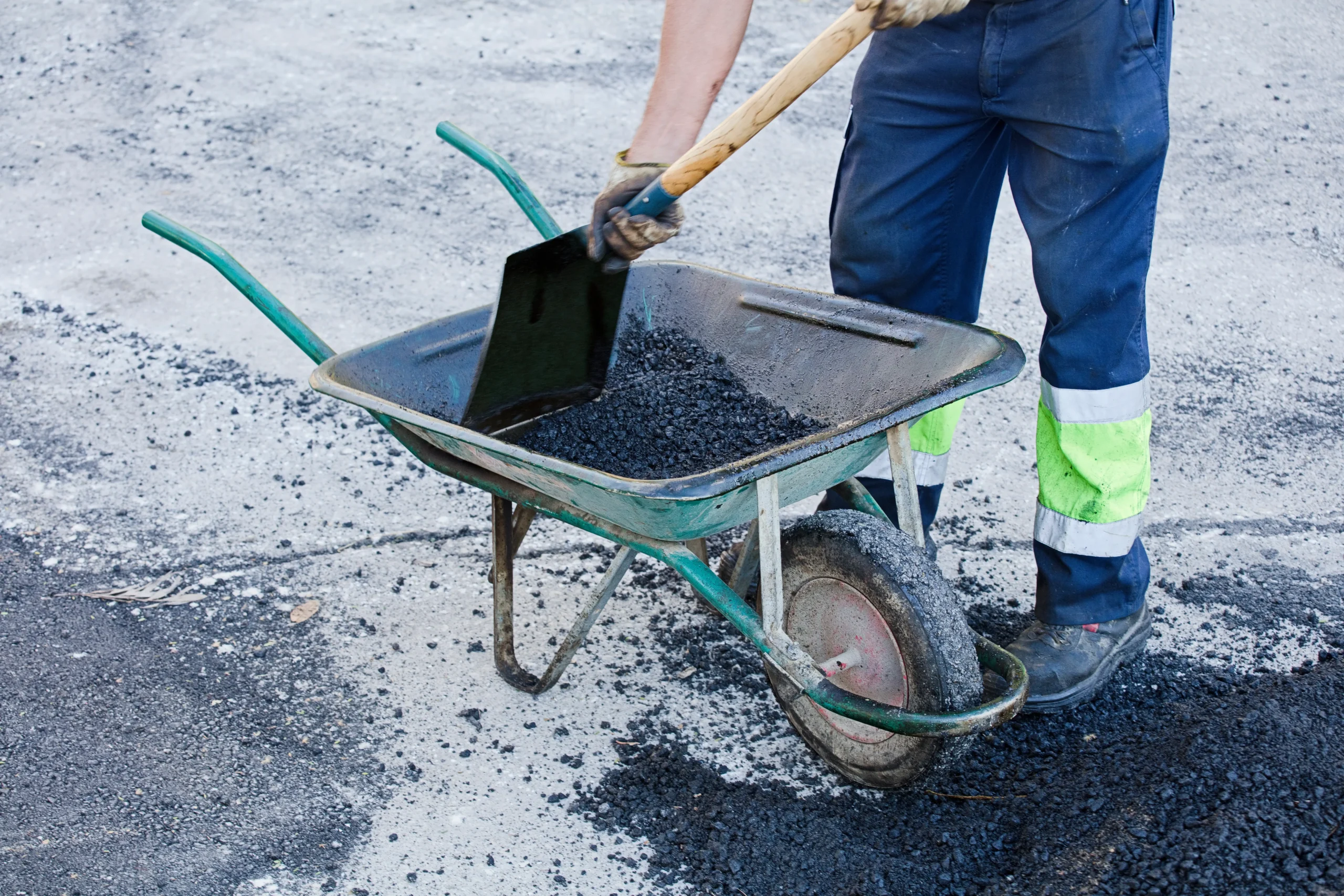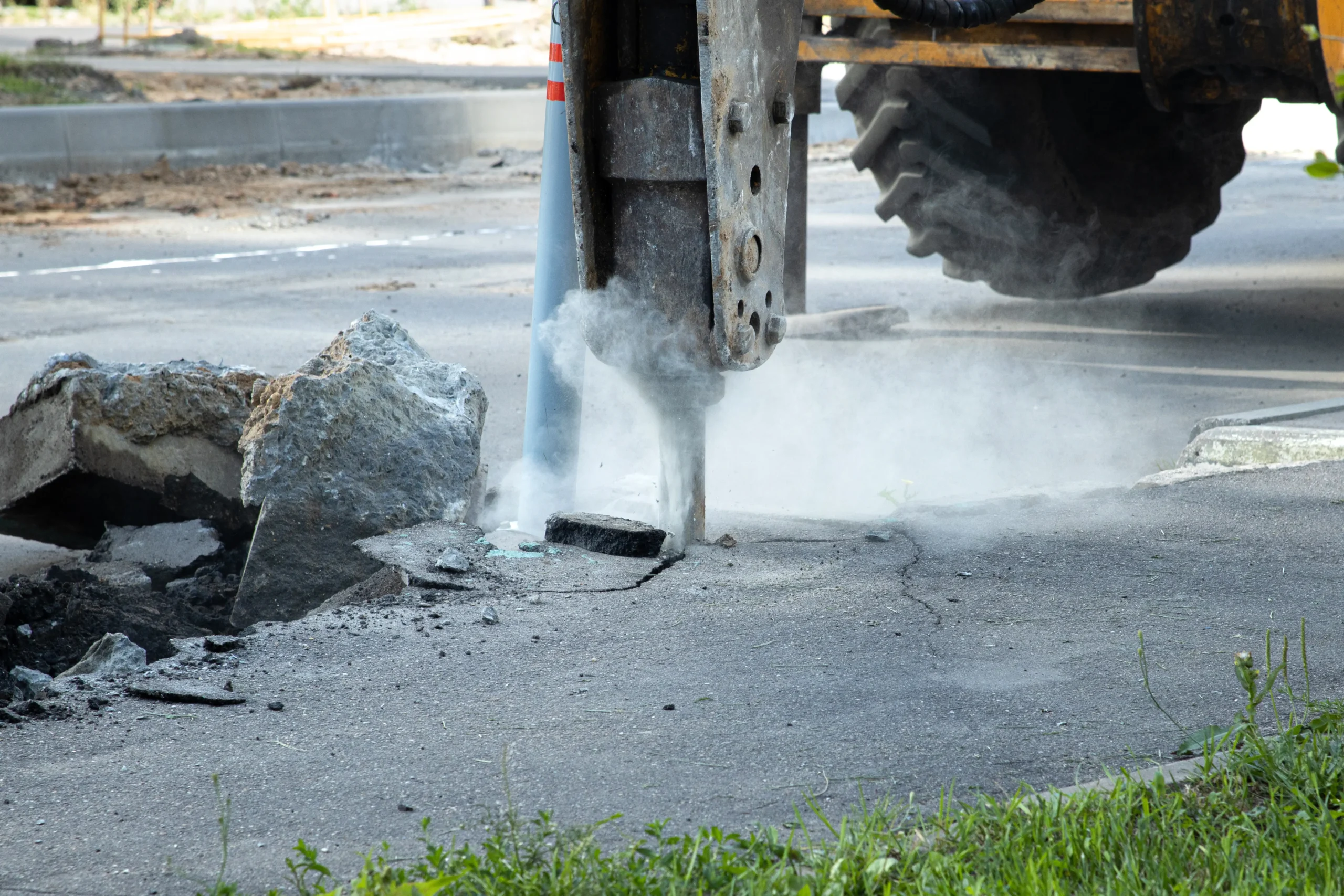Introduction
Choosing between asphalt and concrete for your next paving project is an important decision. Both materials offer unique advantages and potential drawbacks, so it’s essential to understand which option best fits your needs, budget, and long-term goals. In this article, we’ll compare asphalt paving and concrete, focusing on cost, durability, maintenance, and appearance. By the end, you’ll have the insight you need to make an informed choice for your property.
Asphalt Paving Overview
Asphalt is made from a blend of bitumen (a petroleum byproduct), sand, and aggregates. It’s widely used for residential driveways, commercial parking lots, and roadways because of its affordability, flexibility, and smooth finish.
Benefits of asphalt paving include:
- Affordability: Asphalt is typically less expensive than concrete, making it ideal for cost-conscious homeowners and businesses.
- Quick Installation: Asphalt cures faster, meaning your driveway or lot can be ready for use in as little as 24–48 hours.
- Durability: With proper maintenance, asphalt surfaces can last up to 20–30 years.
- Flexibility: Asphalt’s ability to expand and contract makes it less prone to cracking in fluctuating temperatures.
Concrete Paving Overview
Concrete is made from cement, water, and aggregates, offering exceptional strength and longevity. While it requires a higher upfront investment, concrete is a top choice for projects where aesthetics and long-term performance are priorities.
Benefits of concrete paving include:
- Longevity: Concrete can last 30–40 years or more with minimal upkeep.
- Low Maintenance: Concrete generally requires less frequent maintenance compared to asphalt.
- Aesthetics: Concrete can be stamped, colored, or textured to create a decorative and customized finish.
- Heat Resistance: Concrete reflects heat better than asphalt, making it ideal for hot climates.
Key Differences: Asphalt vs. Concrete
When deciding between asphalt and concrete, consider the following factors:
- Cost: Asphalt has a lower initial cost, while concrete can be more cost-effective in the long run due to its extended lifespan.
- Maintenance: Asphalt requires regular sealcoating and crack repair, while concrete is lower-maintenance but may need patching for cracks over time.
- Durability: Concrete withstands heavy traffic and extreme heat better, while asphalt is more flexible and performs well in fluctuating climates.
- Installation Time: Asphalt can be installed and used quickly, while concrete requires more curing time before it’s ready.
Conclusion
Both asphalt and concrete are excellent paving materials, but the right choice depends on your project goals and budget. If you’re looking for a cost-effective, flexible option with quick installation, asphalt may be the best solution. If long-term durability, minimal maintenance, and a decorative finish are your priorities, concrete might be the right investment.
At Paving Pros Asphalt & Concrete, I specialize in both asphalt and concrete paving solutions tailored to your property’s needs. Contact me today to discuss your project and get a free, no-obligation estimate.




